Sanctions have so far failed to bring down the Russian economy , as Moscow maintains large export revenues and Western policies remain flawed.
President Vladimir Putin announced on September 18 that the Russian economy had fully recovered after enduring unprecedented sanctions pressure from the West.
"It can be said that the stage of recovery of the Russian economy is complete. We have withstood external pressure, with the relentless sanctions from the Western leadership and a number of unfriendly countries," he said at a meeting on the draft federal budget for 2024-2025.
The International Monetary Fund (IMF) and the World Bank (WB) had predicted that Russia’s GDP would decline this year. However, in a report published in August, the two organizations raised their forecasts for the Russian economy, saying that the country’s GDP would grow by 1.2% and could reach 2.5-2.8% by the end of the year.
Russian consumer demand and production also recorded good growth despite sanctions, underpinned by strong trade and industrial production, as well as higher-than-expected energy revenues.
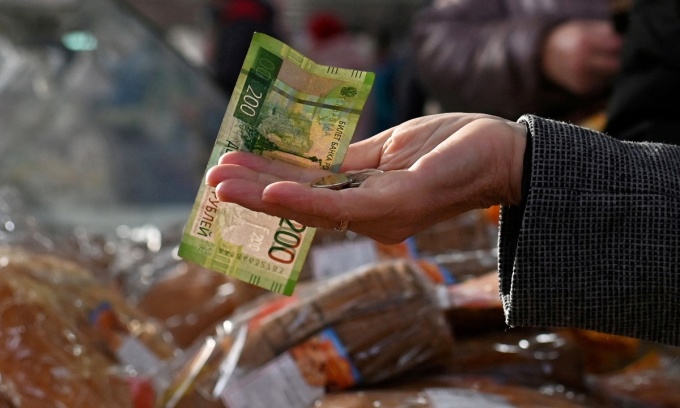
Customers pay at a market in the Russian city of Omsk in 2021. Photo: Reuters
According to the August Global Wealth Report by the Union Bank of Switzerland (UBS), in 2022, Russians added $600 billion in wealth, while the US and its European allies lost trillions of dollars.
The number of Russian millionaires also increased by about 56,000 to 408,000 during the period. The number of Russia's ultra-rich, or those with a net worth of more than $50 million, increased by more than 4,500.
Meanwhile, about a million people in the United States will no longer be millionaires by the end of 2022, the report said. The U.S. economy lost $5.9 trillion during that period. But the U.S. still accounts for 50% of the world's millionaire population.
The news is likely to disappoint Western policymakers who believed their unprecedented round of sanctions would cripple Russia’s economy, hit the country’s richest tycoons and deprive Moscow of revenue for its campaign in Ukraine.
In the report, UBS said Russia is among the few countries that are likely to see increased wealth creation in 2022, despite the fact that Russia has to devote resources to the war in Ukraine.
Moscow can count on billions of dollars in export revenues to continue to supplement its budget in the coming years, according to Janis Kluge, a senior fellow at the Berlin-based German Institute for International and Security Affairs (SWP). In the first half of 2023, Russia earned more than $200 billion from energy exports, more than enough to cover its import needs.
“Even if the G7 price cap on Russia works, Moscow could still earn around $400 billion in export revenue a year,” Kluge said. “As long as the global oil market remains tight on supply, the West has little room to maneuver. It would take a more severe global recession to change that.”
Russian industry remains dependent on Western technology. But despite sanctions, the country has been able to obtain many of the key components needed to produce weapons by importing them through third parties.
Moscow appears to be aiming to ramp up production capacity quickly. Finding machinery to assemble new production lines has been more difficult due to sanctions, but production has not been halted by a general shortage of components or raw materials, Kluge noted.
On the international stage, Western efforts to isolate Russia have not worked as expected, with many developing countries opposing Russia's exclusion from global forums. Interest in diplomatic forums that include Russia, such as BRICS, has increased.
“Even if only symbolic, this significantly limits Western efforts to decouple Russia,” Kluge commented.
Russia also receives economic support from many sides. While Beijing has increased technological cooperation with Moscow, Saudi Arabia’s decision to cut oil production has provided Russia with timely leverage, helping it maintain high oil revenues despite sanctions.
According to Yuri Fedorov, a military expert and professor at the University of Prague, Czech Republic, the West should not exaggerate the impact of sanctions on the Russian economy.
“President Putin has enough money to continue the war for several more years and the majority of Russians are mentally prepared for that,” he said.
“Another question is how tough the sanctions are to block the supply of military, dual-use or microelectronic components to Russia,” Fedorov said. “This is a rather weak point in Western policy, because we all know that through the grey areas Russia still makes money. I think the West should be interested in completely cutting off the supply of these military or dual-use products.”
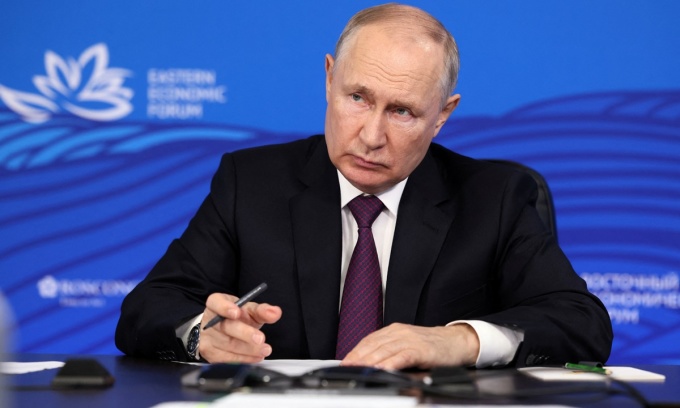
President Putin holds a video conference with business representatives and officials attending the 8th Eastern Economic Forum in Vladivostok, Russia, on September 12. Photo: Reuters
He said living standards in Russia may be falling, but not as fast as expected, especially in the big cities. In the provinces, falling living standards are even prompting men to sign up to fight in Ukraine, where they can earn good wages.
Fedorov stressed that the West "should not put too much hope in the exhaustion of the Russian economy". "This process is not happening fast enough", he said.
“There are many loopholes in the current Western sanctions policy,” commented Tom Keatinge, director of the Centre for Security and Financial Crime at the Royal United Services Institute (RUSI).
First is the financial system, where banking channels for dealing with Russia remain in the West, he said. “It’s very difficult for a bank in the West to know where a payment is going,” Keatinge said. “There’s always the risk that a shipment of drugs or similar goods being exported could be a cover for something more sinister.”
In addition, some sectors of the Russian economy remain unsanctioned or unsanctionable.
Diamonds are one example. Although the US and UK have imposed restrictions on Russian diamonds, the European Union (EU) has continued to exclude the gems from its sanctions list, allowing Russia, the world’s largest diamond producer, to continue to access one of its key markets.
“Governments are trying to figure out how to plug those loopholes in a way that doesn’t put too much of a dent in their pocketbooks,” Keatinge said.
Keatinge noted that some trade with Russia is “very difficult to cut back, like the purchase of nuclear fuel.”
Media reports in August said Russia had earned hundreds of millions of dollars from selling nuclear fuel to the United States and Europe, countries that are completely dependent on Moscow for supplies.
While welcoming the scrutiny of what was missing from sanctions policy, Mark Harrison, emeritus professor of economics at the University of Warwick, said it was important that the West had acted.
“The real goal is to increase the costs for Russia by forcing them to adapt. Blocking the Russian economy is impossible,” he said. “What we can do is continue to make it more expensive for Moscow to connect to the rest of the world.”
Vu Hoang (According to Euronews, UTV, Moscow Times )
Source link


![[Photo] Anh Hoang - Dinh Duc successfully defended the men's doubles championship of the National Table Tennis Championship of Nhan Dan Newspaper](https://vphoto.vietnam.vn/thumb/1200x675/vietnam/resource/IMAGE/2025/5/23/d6ab3bcac02c49928b38c729d795cac6)



![[Photo] Top players gather at the 2025 Nhan Dan Newspaper National Table Tennis Championship](https://vphoto.vietnam.vn/thumb/1200x675/vietnam/resource/IMAGE/2025/5/23/9ad5f6f4faf146b08335e5c446edb107)

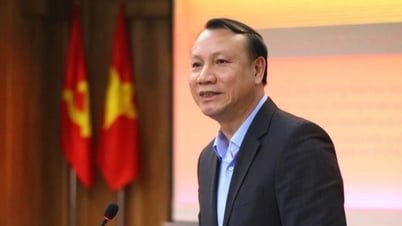

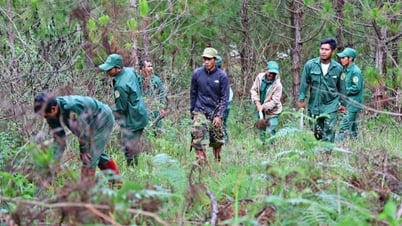
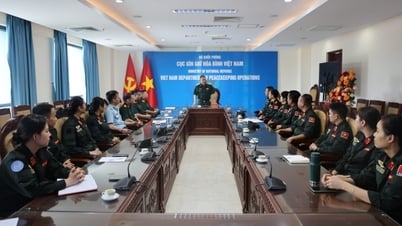
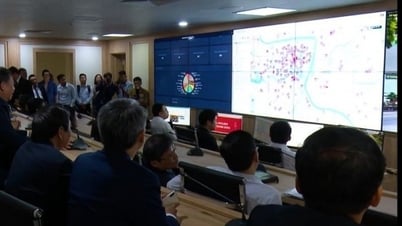
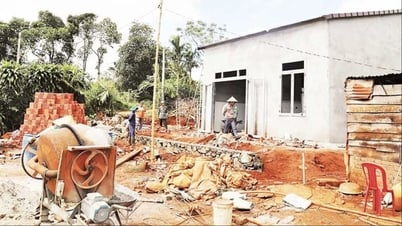
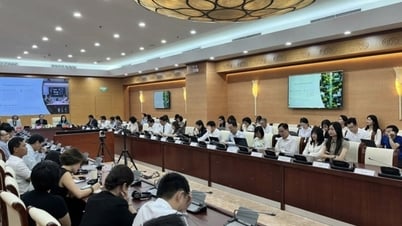

























































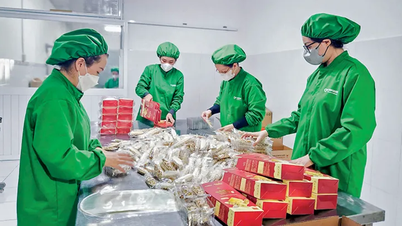

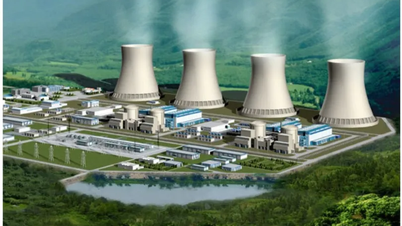
















Comment (0)